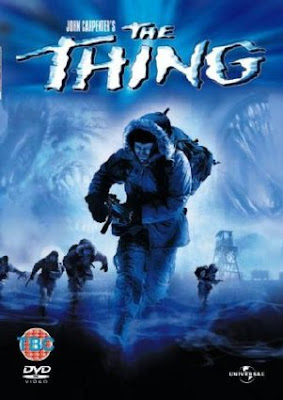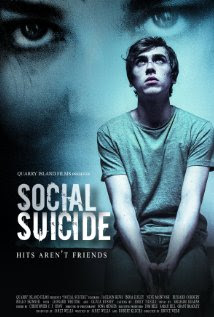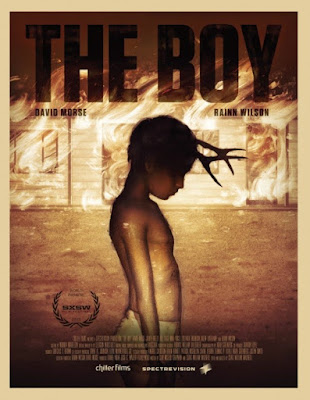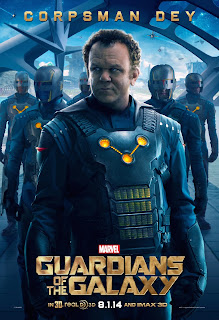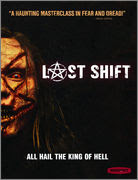A drama that tracks the story of the foot soldiers of the early feminist movement, women who were forced underground to pursue a dangerous game of cat and mouse with an increasingly brutal State. These women were not primarily from the genteel educated classes, they were working women who had seen peaceful protest achieve nothing. Radicalized and turning to violence as the only route to change, they were willing to lose everything in their fight for equality - their jobs, their homes, their children and their lives. Maud was one such foot soldier. The story of her fight for dignity is as gripping and visceral as any thriller, it is also heart-breaking and inspirational. Written by Production.
User Reviews
"...accomplished..."
15 October 2015 | by Sindre Kaspersen (Norway) – See all my reviews
English director Sarah Gavron's second feature film which was written by Welsh playwright and screenwriter Abi Morgan, is inspired by real events which took place in the United Kingdom of Great Britain and Ireland (1801-1922) in the early 20th century. It premiered in the Shows section at the 42nd Telluride Film Festival in 2015, was shot on locations in England and is a UK production which was produced by producers Alison Owen and Faye Ward. It tells the story about an English working-class daughter named Maud Watts whom is working at a glasshouse laundry in Bethnal Green, London in England where she lives with her husband named Sonny and their son named Georgie.
Distinctly and precisely directed by English filmmaker Sarah Gavron, this quietly paced and somewhat fictional tale which is narrated by and mostly from the protagonist's point of view, draws a generational portrayal of a dutiful worker, living in the age of the Suffragette when the marriage age for girls was twelve, whom after acquainting a co-worker named Violet and an organizer named Edith gradually starts to recognize her self-respect. While notable for its distinctly atmospheric and realistic milieu depictions, reverent cinematography by cinematographer Edu Grau, production design by production designer Alice Normington and costume design by costume designer Jane Petrie, this character-driven and narrative-driven story about equal worth was made more than two centuries after an English 18th century revolutionary feminist and advocate for universal education for girls who once lived at a place called Spitalfields wrote: "My own sex, I hope, will excuse me, if I treat them like rational creatures, instead of flattering their fascinating graces, and viewing them as if they were in a state of perpetual childhood, unable to stand alone." almost a century after an English sister and mill worker named Annie Kenney (1879-1953) wrote in her autobiography: "… Work, and sleep to prepare us for more work, was the unwritten order of the day." almost four centuries after an English prophetess with the forename Eleanor and surname Davis heard a voice, more than a century after the first Reform Bill (1832), an English advocate for mothers' rights named Caroline Elizabeth Sarah Sheridan Norton (1808-1877) wrote in a letter to the Queen: "I believe in my obscurer position that I am permitted to be the example on which a particular law shall be reformed." the passing of the Custody of Infants Acts (1839), the Marriage and Divorce Bill (1855), the Divorce and Matrimonial Causes Act (1857), the Elementary Education Act (1870), an English attorney named Richard Pankhurst (1835/36-1898) drafted a bill which resulted in the first Married Women's Property Act (1870), the University of London became the first English university to grant women with degrees, the Rational Dress Society was founded, the Bryant and May match factory workers' strike, an Irish poet named Eva Selina Laura Gore-Booth (1870-1926) assembled signatures from textile workers for a women's suffrage petition and the founding of the Independent Labour Party (1893).
Made more than a century after an English advocate for moral equality named Teresa Bilington-Greig (1877-1964) who thought that the adoption of violence would condemn many women to personal sacrifice that in some cases amounts to suicide, and in all cases to suffering of terrible strain and much possible abuse said: "I do not believe that the best avenue for the enfranchisement of women is through … personal tyranny and fanaticism." an English composer and Dame Commander of the Order of the British Empire wrote a unison song called "The March of the Women", an Austrian-born English aristocratic militant activist known by the pseudonym Jane Warton was force-fed by the Conservative government whilst on hunger strike." someone wrote the lyrics: "March, women, march! While free and brave your … banners float and wave; the … bends benignant – March, women, march to Victory." A day called Black Friday (1910) took place, The Morning Post, regarding a radical Votes for Women advocate named Emily Wilding Davison (1872-1913) who experienced the Holloway Prison and gave her life, wrote: "…The horse knocked her down and then turned a complete somersault…" An American-English politician named Nancy Witcher Langhorne, Viscountess Astor (1869- 1974) became the first woman to sit in parliament, a Welsh first female president of the Institute of Directors (1903) named Margaret Haig Thomas, Viscountess Rhondda (1883-1958) founded a pressure group where a Dame with the surname Brittain volunteered called the Six Point Group who petitioned for satisfactory legislation on child assault, for the widowed mother, the unmarried mother and her child, equal pay for teachers and equal opportunities for men and women in the civil service, Crystal Night took place in Germany and Austria, an American nurse named Annie Fox (1893-1987) became the first woman recipient of the Purple Heart Medal and the same year as a girl band from England called TRILLS sang: "… oh freedom hear our battle cry we can turn the tide …" where an authentic English theater and film actress with the middle name Hannah utters the written words: "What are you gonna do? Lock us all up? We're in every home, we're half the human race. You can't stop us all." this white dove depicts a heartrendingly inspirational study of character and contains a great and timely score by composer Alexandre Desplat.
This biographically abridged, informatively historic and considerately authoritative acknowledgment and remembrance of totally self- governing soldiers who changed the course of human history which is set in England in the early 20th century almost a century after a Scottish author wrote: "… This apparently noble and virtuous self- renunciation in practice usually involves a most criminal self-extinction." where a mother and laundress is introduced to a national women's movement whom is rightfully though not legally struggling for Suffragium, is impelled and reinforced by its cogent narrative structure, substantial character development, rhythmic continuity, comment by Maud: "…Yours Sincerely."and the persevering acting performances by English actress Carey Mulligan and American actress Meryl Streep. An accomplished narrative feature.


